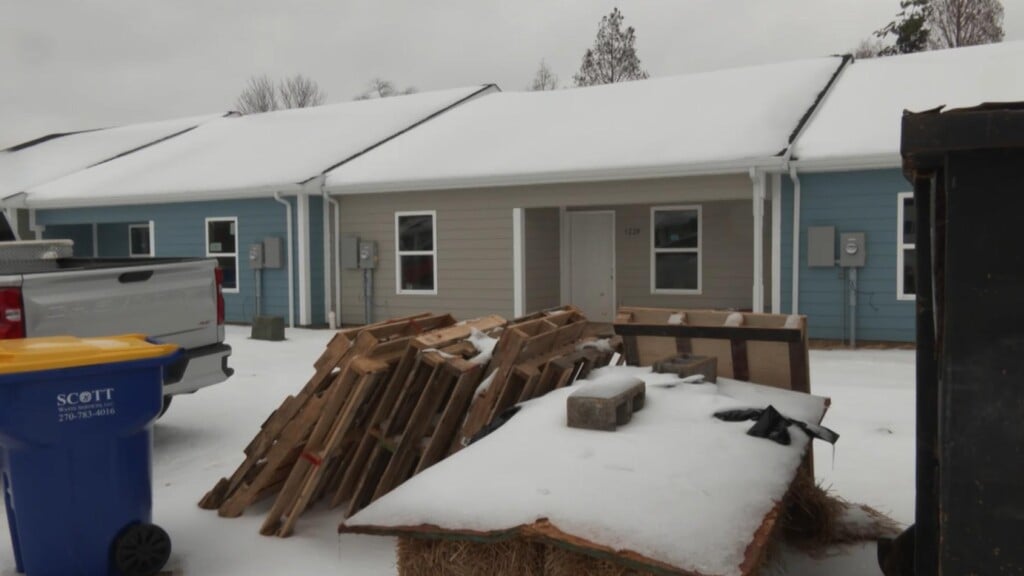WNKY News 40 Weather Reports: Because Local Climate Matters
Climate Data Is A Critical Part In Your Weather Forecasts
If you watch the weather forecasts on WNKY News 40, you may have noticed the terms average or seasonal temperatures, abnormally dry or wet periods, this is all in part to describe our climate. So why does that matter? Our very own meteorologist Darius Mack visited the Kentucky Mesonet at Western Kentucky University to discuss why collecting climate data is a critical part in preparing your forecasts each day.
“A lot of times we have to look to the past to look into the future, and climate data, having that basis, helps us understand what is going to happen over the next week to two weeks, month, or even for a season,” said Shane Holinde, the Outreach Manager at Kentucky Mesonet and Kentucky Climate Center.
The Kentucky Mesonet has been the official source for Kentucky climate observations since 2006.
“The establishment of climate data is very important, each year is different, no two are exactly alike. Some years are stormier than others and this past spring was a very stormy one for the state of Kentucky. So, it’s important to understand what times of the year bring the most rain, the most wind, what times of the year are our warmest and coolest.” Said Holinde
Holinde mentioned that this past Spring season was problematic for farmers because of excessive rainfall. Farmers had to replant corn, and tobacco farmers had to hold off on planting until June instead of May.
So what is climate? and how does it differ from weather? Climate focuses on conditions over the long term, while weather focuses on the short term. For instance, we know that it’s typically hot and humid in the summer here in Kentucky so we know to plan for that. The earliest record of climate data goes back to the late 1800s. We use this data to observe changes in highs and lows, and determine averages within certain periods of time. This can be very useful in preparing your daily and weekly forecasts.
“A lot of that data is used by the National Weather Service and the folks at NOAA to, help determine what is going to occur with both temperatures and precipitation. going into a summer season or into a fall season?. Are we trending toward drought? Are we trending to wet? past data comes in very handy with that regard,” said Holinde.
The Kentucky Mesonet aims to have automated data sites in all 120 Kentucky counties. The database is housed at Western Kentucky University. For more information and resources on Kentucky climate you can visit https://www.kymesonet.org/




